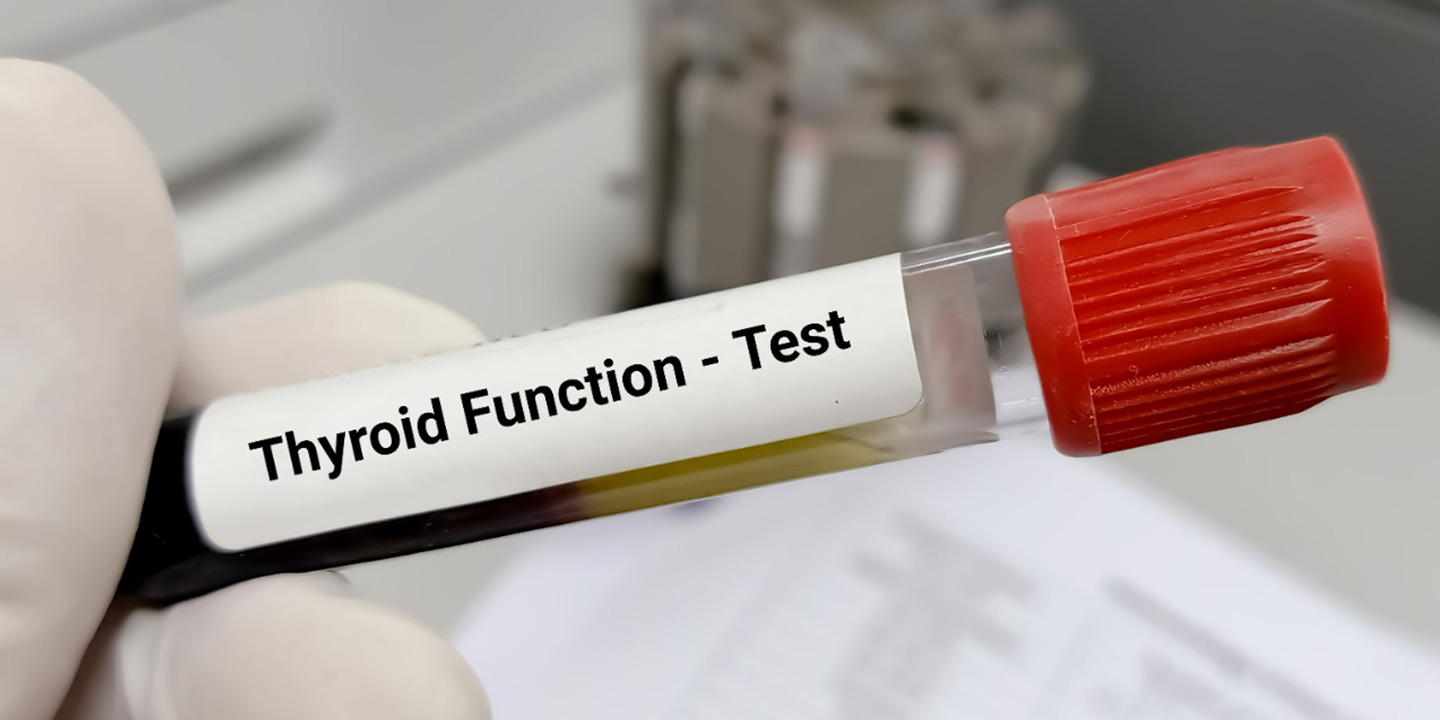Alcohol addiction is a growing concern worldwide, and recognizing the early signs can be crucial for preventing long-term physical, emotional, and social consequences. Many individuals suffering from alcohol addiction are often unaware of the problem or reluctant to acknowledge it. By understanding the warning signals, you or a loved one may be able to seek help before the situation worsens. Early intervention is key, and luxury alcohol treatment centers can provide the necessary support for a full recovery.
In this article, we’ll explore the early signs of alcohol addiction and how to recognize when someone may need help. We’ll also discuss how professional assistance from the best alcohol rehab centers can make a difference in the recovery journey.
What Is Alcohol Addiction?
Alcohol addiction, also known as alcohol use disorder (AUD), is characterized by an inability to control drinking due to both a physical and psychological dependence on alcohol. This condition can range from mild to severe and impacts every aspect of a person’s life, including health, relationships, and career. If left untreated, alcohol addiction can lead to serious health complications, including liver damage, heart disease, and cognitive decline.
Why Early Recognition Matters
Recognizing the early signs of alcohol addiction allows for timely intervention. Early intervention can reduce the risk of developing severe health problems, prevent the destruction of relationships, and limit the financial impact of prolonged alcohol abuse. With the help of alcohol treatment centers, especially luxury rehab centers, individuals can receive personalized care that addresses both the physical and emotional aspects of addiction.
Early Signs of Alcohol Addiction
If you or someone close to you exhibits any of the following warning signs, it may be time to seek help from an alcohol treatment center:
1. Increased Tolerance to Alcohol
One of the earliest indicators of alcohol addiction is the need to consume larger amounts of alcohol to feel the same effects. Over time, as the body adjusts to regular alcohol consumption, tolerance builds, and individuals find themselves drinking more to achieve the same level of intoxication.
Warning Signs:
- Drinking more frequently or in larger quantities than before.
- Not feeling the effects of alcohol despite consuming the same amount.
2. Neglecting Responsibilities
Another common early sign of alcohol addiction is the inability to fulfill daily responsibilities. Whether it’s at work, school, or home, individuals may find it difficult to concentrate or complete tasks due to their focus on drinking. This behavior can often lead to deteriorating performance at work or school and strained relationships with family and friends.
Warning Signs:
- Frequently missing work or school.
- Neglecting household duties or family obligations.
- Ignoring important appointments or deadlines.
3. Drinking in Dangerous Situations
A person in the early stages of alcohol addiction may begin to engage in risky behaviors while under the influence. This can include drinking and driving, operating machinery while intoxicated, or participating in activities that require full concentration but are compromised by alcohol use.
Warning Signs:
- Driving under the influence of alcohol.
- Drinking before or during hazardous activities (e.g., using heavy equipment).
- Increased likelihood of accidents or injuries related to alcohol use.
4. Secretive or Isolated Drinking
If someone begins to drink alone or hides their alcohol consumption, this may be a strong indicator of alcohol addiction. The secrecy associated with drinking could stem from embarrassment, guilt, or a desire to hide the growing dependency on alcohol. Isolating oneself to drink often leads to more significant emotional and social challenges down the line.
Warning Signs:
- Drinking in private or hiding alcohol around the house.
- Avoiding social situations unless alcohol is involved.
- Becoming defensive when questioned about drinking habits.
5. Cravings and Obsessive Thoughts About Alcohol
Craving alcohol or constantly thinking about the next opportunity to drink is a clear early sign of alcohol addiction. These obsessive thoughts can consume a person’s mind, interfering with their ability to focus on work, relationships, or hobbies.
Warning Signs:
- Frequently thinking about when the next drink will be.
- Planning events or social gatherings around alcohol.
- Feeling anxious or irritable when alcohol isn’t available.
6. Drinking Despite Negative Consequences
One of the most telling signs of alcohol addiction is continuing to drink despite experiencing negative consequences. Whether it’s health problems, relationship issues, or legal troubles, someone in the early stages of alcohol addiction may disregard these warnings and continue to drink excessively.
Warning Signs:
- Drinking despite worsening health conditions (e.g., high blood pressure, liver issues).
- Continuing to drink even after damaging personal relationships.
- Repeatedly facing legal or financial problems due to alcohol use.
7. Loss of Control Over Drinking
People struggling with alcohol addiction often have difficulty controlling the amount they drink once they start. They may set limits for themselves, only to exceed them regularly. This loss of control can lead to binge drinking and further health complications.
Warning Signs:
- Frequently drinking more than intended.
- Attempting to cut back or quit but being unsuccessful.
- Blacking out or forgetting events while drinking.
Seeking Help for Alcohol Addiction
Recognizing the early signs of alcohol addiction is the first step toward recovery. If you or someone you know is exhibiting these warning signals, it’s essential to seek professional help. Alcohol treatment centers offer a range of services, from detox programs to long-term rehabilitation, designed to address the root causes of addiction.
Luxury alcohol treatment centers, in particular, offer a comprehensive and comfortable approach to recovery. These centers provide personalized treatment plans, luxurious accommodations, and holistic therapies to support mental, emotional, and physical healing. For those looking for a higher level of care, the best alcohol rehab centers combine medical expertise with psychological support, ensuring that individuals have the tools they need for lasting recovery.
Benefits of Luxury Rehab Centers:
- Personalized care tailored to individual needs.
- Access to holistic therapies such as yoga, meditation, and nutritional counseling.
- Discreet and private settings that ensure confidentiality.
- High-end accommodations that promote comfort and relaxation during recovery.
Conclusion
Alcohol addiction is a serious condition that often starts with subtle warning signs. By recognizing these early indicators, such as increased tolerance, neglect of responsibilities, and secretive drinking, you can take the necessary steps to address the issue before it escalates. Seeking help from an alcohol treatment center, especially a luxury rehab center, can provide the specialized care needed to achieve a successful recovery.
If you or someone you know is struggling with alcohol addiction, don’t hesitate to reach out to one of the best alcohol rehab centers. Early intervention could save lives and lead to a healthier, more fulfilling future.
Keep an eye for more news & updates on InternalInSider!










